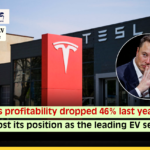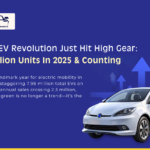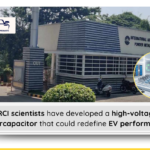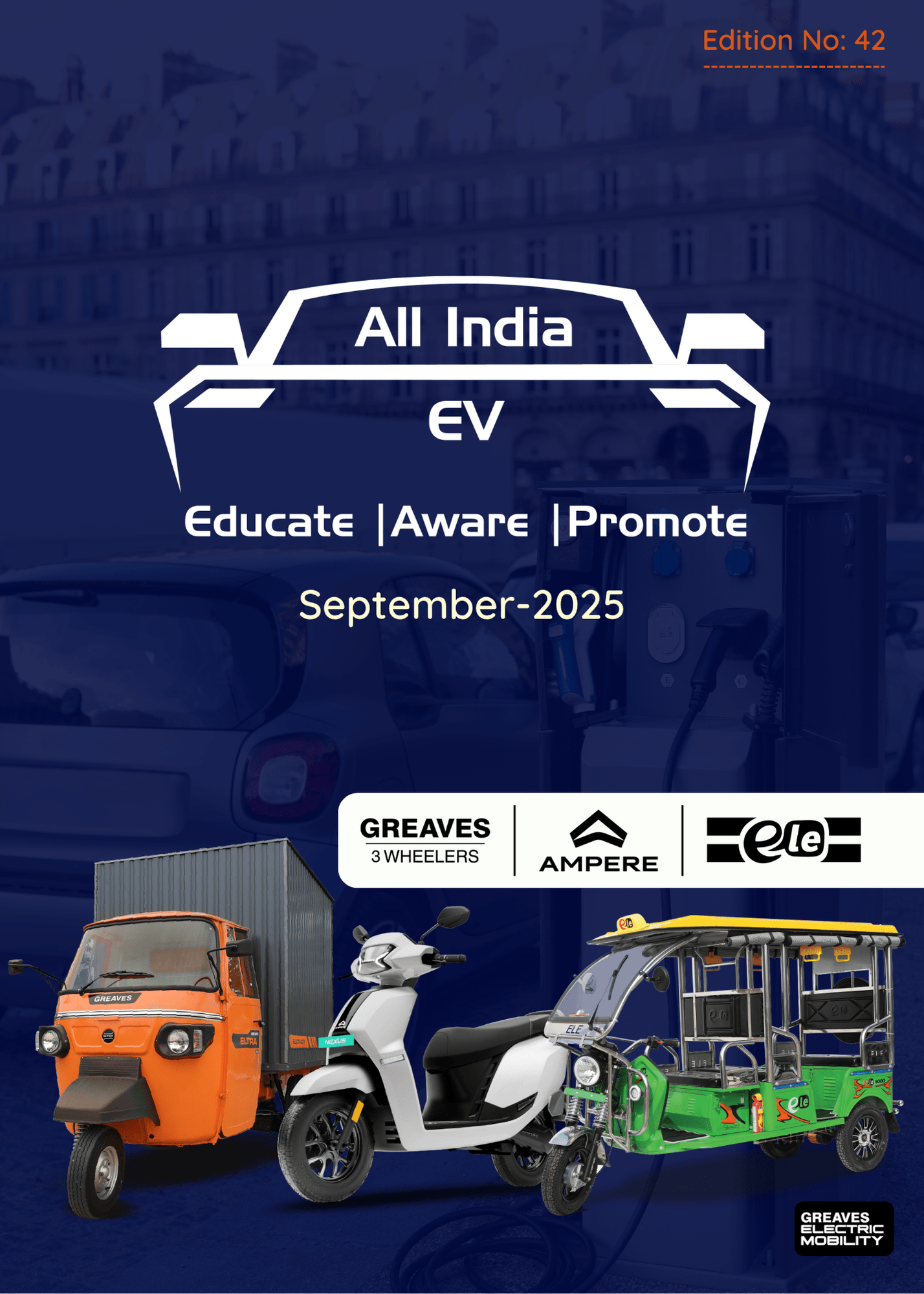
India Needs Rs 16,000 Crore to Scale Up EV Charging Infrastructure: FICCI Report
New Delhi: India’s ambitious goal of achieving significant electric vehicle (EV) adoption by 2030 hinges on the development of a robust public charging infrastructure. However, a recent report by the Federation of Indian Chambers of Commerce & Industry (FICCI) highlights the significant investment required to realize this vision.
The Report’s Key Findings:
Capital Expenditure: The report estimates that India needs a substantial capital expenditure of Rs 16,000 crore to scale up its public EV charging infrastructure.
Low Utilization: A major challenge hindering the financial viability of charging stations is their low utilization rate, currently below 2%. To ensure profitability and scalability, the report suggests aiming for an utilization rate of 8-10% by 2030.
High Electricity Tariffs: The fixed electricity tariff structure, which imposes high costs regardless of energy consumption, poses a significant hurdle for public charging stations. While some states have implemented no or low fixed tariffs, others continue to charge high fixed fees, making it difficult for charging stations to break even.
Core Challenges Hindering EV Charging Infrastructure Growth:
Financial Viability: The low utilization rates and high electricity tariffs make it challenging to achieve financial sustainability for public charging stations.
Power-Related Issues: Delays and bureaucratic hurdles in obtaining power connections from distribution companies (DISCOMs) can hinder the timely installation of charging stations.
Land Acquisition: Acquiring suitable land for charging stations, especially in urban areas, can be a complex and time-consuming process.
Operational Difficulties: Issues such as vandalism, theft, and maintenance challenges can impact the reliability and efficiency of charging stations.
Lack of Standardization: The absence of standardized protocols and guidelines for charging infrastructure development can hinder interoperability and hinder the growth of a robust charging network.
Recommendations for Accelerating EV Charging Infrastructure:
Reduce GST on EV Charging Services: Lowering the GST rate on EV charging services from the current 18% to 5% would make charging more affordable for consumers and encourage the adoption of EVs.
Implement Single-Part Tariff System: Adopting a single-part tariff system with consistent pricing across all states would simplify the tariff structure and promote equitable pricing for EV charging.
Mandate Timely Installation of Charging Stations: State DISCOMs should be mandated to ensure the timely installation of public charging stations as per the guidelines issued by the Ministry of Power.
Prioritize Key Cities and Highways: The report identifies 40 cities and 20 key highways as priority areas for infrastructure expansion. These regions have shown higher EV adoption rates and are expected to drive future growth.
Promote E3W Adoption: Removing permit requirements or allowing existing CNG permits to be converted to E3W permits can accelerate the adoption of electric three-wheelers.
Establish State-Level Monitoring Cells: Setting up state-level monitoring cells comprising industry players and government authorities can help oversee the implementation of EV charging infrastructure and address challenges in a timely manner.
By addressing these challenges and implementing the recommended measures, India can create a robust EV charging infrastructure that will drive the adoption of electric vehicles and contribute to a cleaner and more sustainable future.









